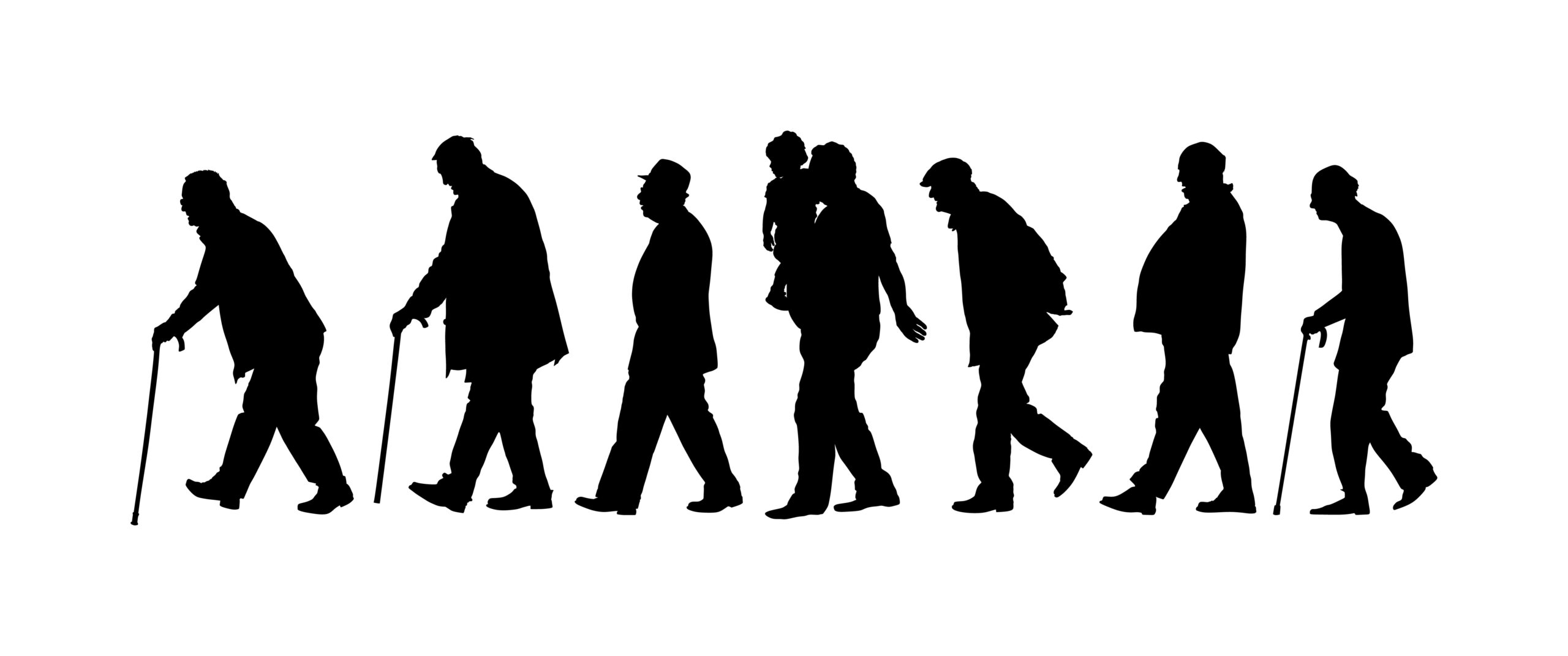What are the best ways to prevent fecal accidents in people with communication and mobility challenges
Preventing fecal accidents in individuals with communication and mobility challenges requires a thoughtful and multi-faceted approach. Here are some effective strategies to help manage and prevent these incidents:
### Dietary Adjustments
A well-balanced diet is crucial for maintaining regular bowel movements. Including high-fiber foods like fruits, vegetables, nuts, and seeds can help make stools more solid and easier to control. Additionally, staying hydrated by drinking plenty of water is essential for preventing constipation, which can lead to bowel leakage.
### Probiotics
Probiotics, often found in fermented foods or supplements, support the health of gut bacteria. These friendly bacteria can improve digestion, reduce diarrhea or constipation, and even help reduce inflammation in the gut, all of which can contribute to better bowel control.
### Pelvic Floor Exercises
Pelvic floor exercises, also known as Kegel exercises, can strengthen the muscles around the anus and rectum. This can help improve the ability to sense when it’s time to use the bathroom and reduce leakage. For individuals with mobility challenges, these exercises can be adapted to be done while seated or lying down.
### Medications
Certain medications can help manage symptoms that lead to fecal accidents. Anti-diarrheal medications like Imodium can firm up stools, while stool softeners such as Dulcolax can make bowel movements easier to pass if constipation is an issue. Fiber supplements like psyllium husk can also improve stool consistency.
### Assistive Devices and Techniques
For those with mobility challenges, using assistive devices can be very helpful. For example, a raised toilet seat or grab bars can make it easier to get on and off the toilet. Additionally, techniques like transanal irrigation can help manage bowel movements by regularly emptying the bowel, allowing for more control over when and where bowel movements occur.
### Communication Strategies
Effective communication is key, especially for individuals with communication challenges. Caregivers should be aware of non-verbal cues that may indicate a need to use the bathroom. Regularly checking for soiling and using absorbent products can also help manage accidents when they occur.
### Lifestyle Modifications
Establishing a consistent bowel routine can help predict when bowel movements will occur, making it easier to manage them. This might involve creating a schedule for eating and using the bathroom. Lifestyle modifications, such as avoiding foods that trigger bowel movements, can also be beneficial.
By combining these strategies, individuals with communication and mobility challenges can better manage their bowel health and reduce the likelihood of fecal accidents. It’s important to work closely with healthcare professionals to tailor these approaches to each person’s specific needs and circumstances.





